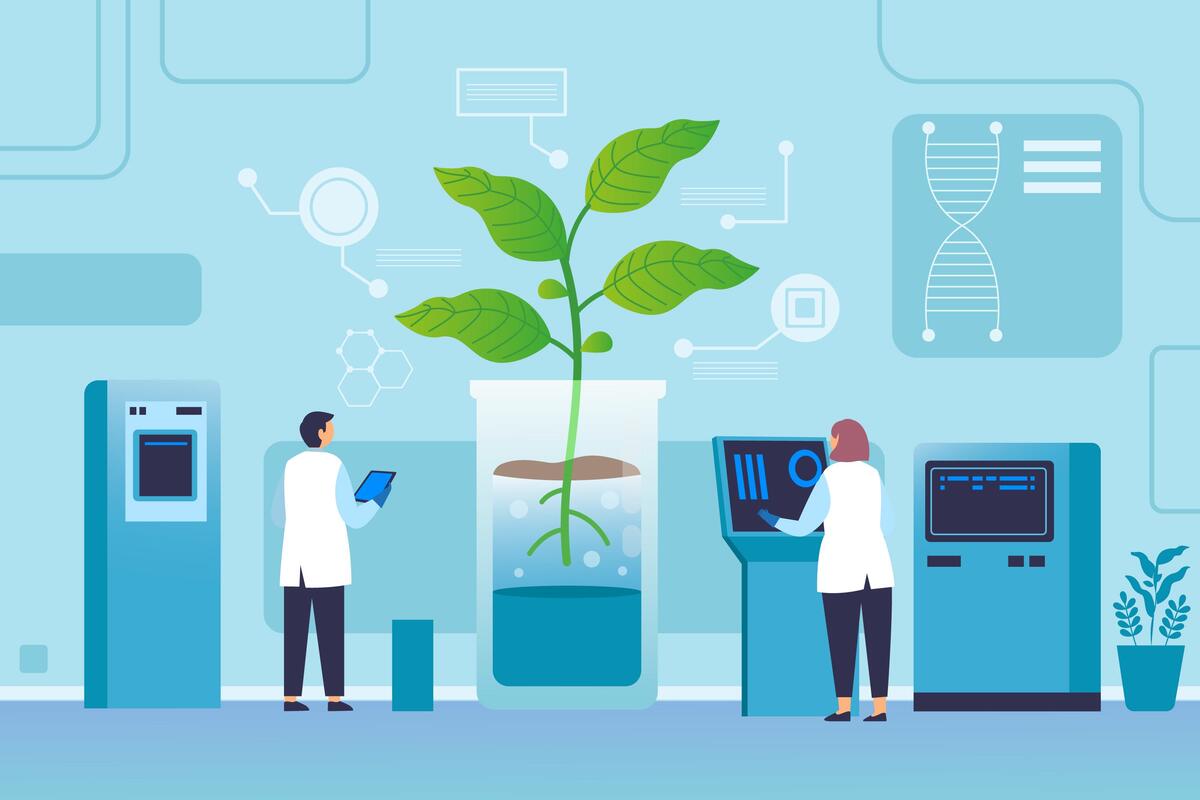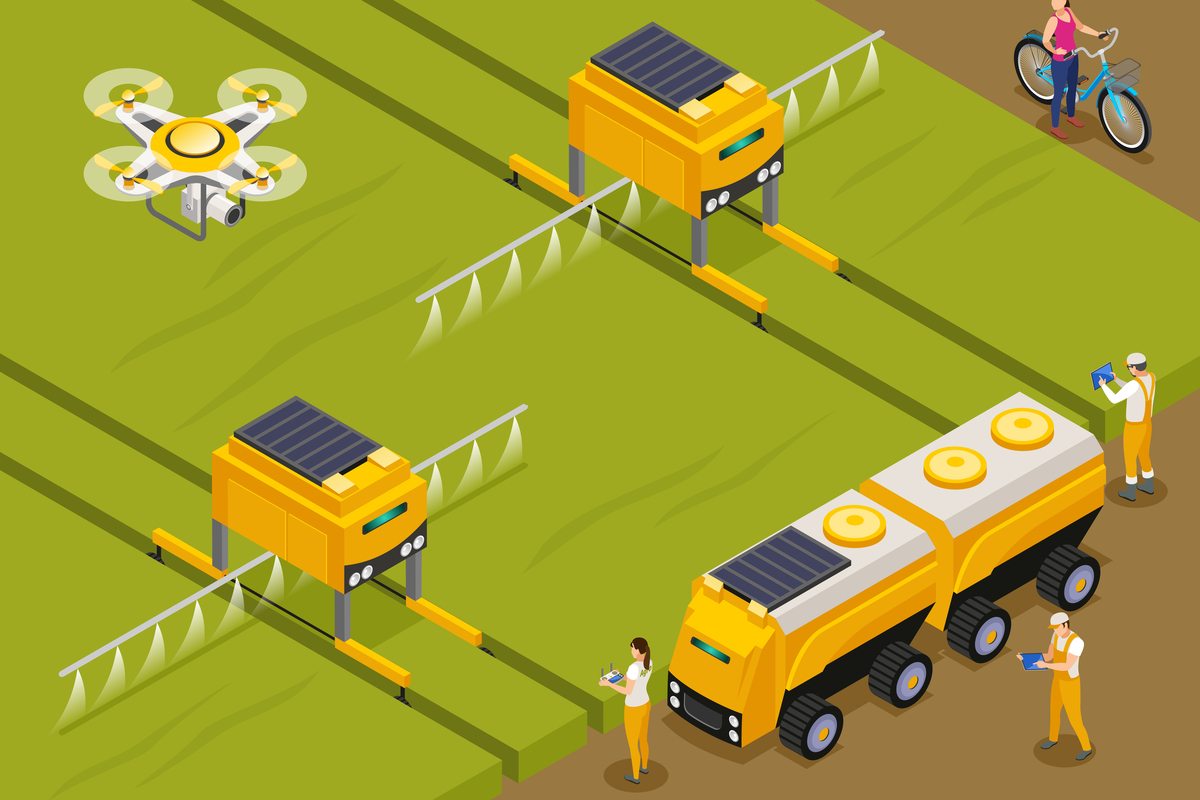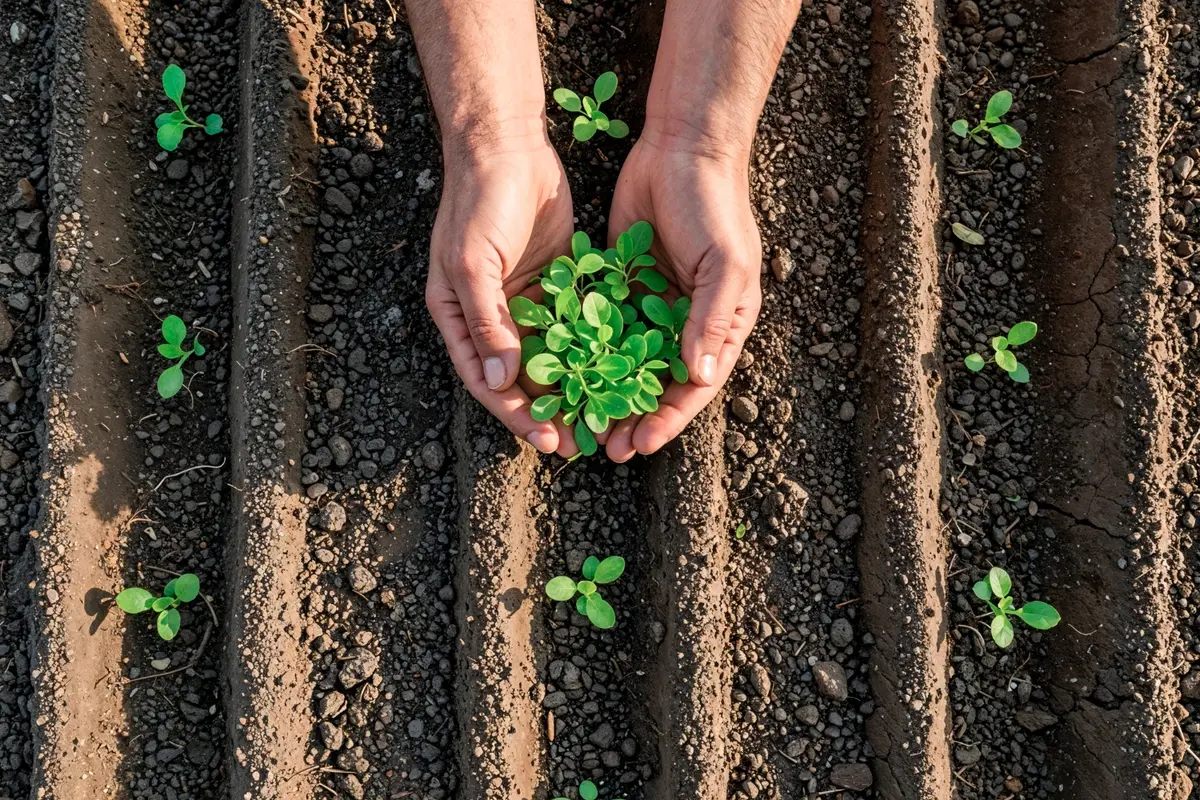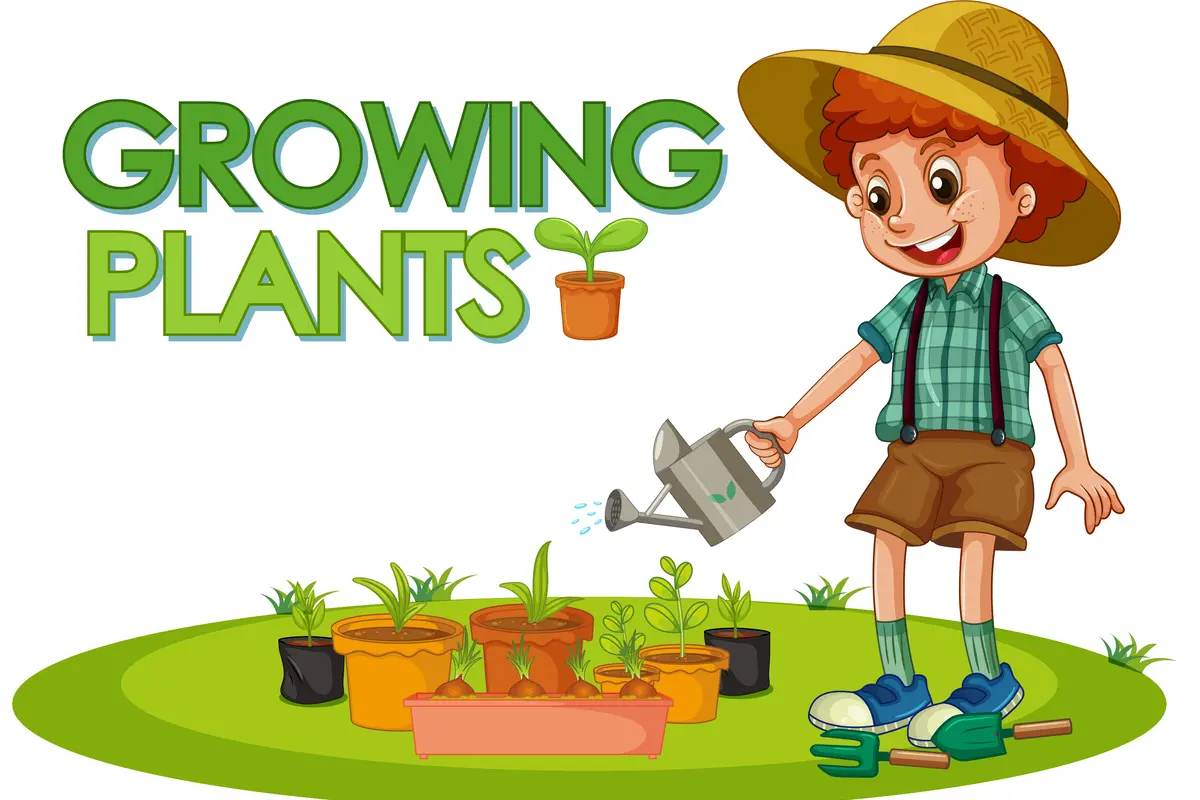Blockchain is a revolutionary technology that uses a decentralized digital ledger to securely record transactions across numerous computers. It ensures transparency, immutability, and security by linking each transaction, or “block,” cryptographically to the previous one, creating a tamper-resistant “chain.” This technology is widely adopted in industries such as finance, supply chain, healthcare, and agriculture, where it boosts trust and efficiency by offering a reliable, tamper-proof way to track and verify transactions.
Blockchain technology has the potential to transform the agricultural industry by improving transparency, traceability, and trust in the food supply chain. Through a decentralized ledger, blockchain can securely record and validate all transactions and movements of agricultural products from the farm to the consumer’s table. This guarantees easy access to information regarding the food’s source, quality, and safety, while also preventing tampering and decreasing the likelihood of fraud. Furthermore, blockchain can optimize supply chain processes, cut down on administrative expenses, and promote fair trade practices by ensuring farmers are paid promptly and accurately.
The application of blockchain technology in agriculture spans several critical areas, providing solutions to longstanding challenges and driving innovation across the supply chain. Here are detailed applications of blockchain technology in agriculture.
Table of Contents
Application of Blockchain Technology in Agriculture
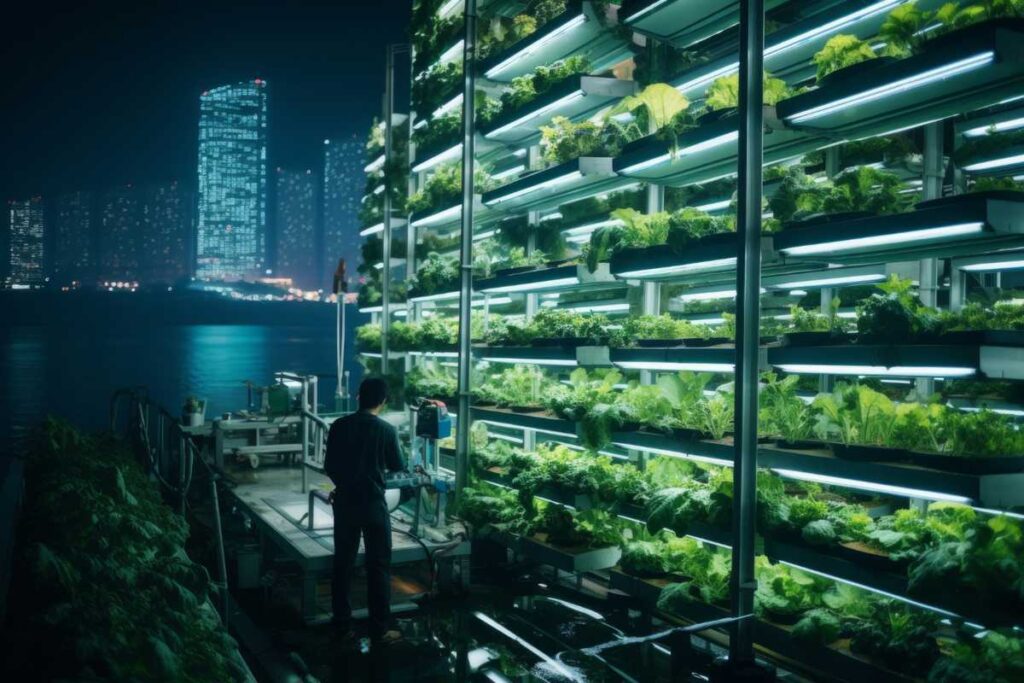
1. Supply Chain Traceability and Transparency
Blockchain improves the ability to track agricultural products from the farm all the way to the table. Every transaction or movement of a product gets recorded on the blockchain, forming an unchangeable record that stakeholders can view. This transparency assists in confirming the source of products, monitoring their progress through the supply chain, and guaranteeing adherence to food safety and quality regulations. Consumers gain more trust in the genuineness and safety of their food, while producers can demonstrate the reliability of their products, which may lead to higher prices for goods that are both high-quality and sustainably produced.
2. Food Safety and Quality Control
Blockchain has the potential to enhance food safety through its ability to swiftly trace contaminated products. By leveraging blockchain records, the source of contamination can be promptly identified during a foodborne illness outbreak, leading to faster recalls and minimizing the impact on public health. Moreover, blockchain technology can be utilized to monitor and document compliance with food safety regulations and standards, guaranteeing that all stakeholders in the supply chain adhere to the highest standards and practices.
3. Efficient Transaction Management
Blockchain technology has the ability to make transactions in the agricultural supply chain more efficient by automating and securing payments between different parties. Smart contracts, which are contracts that execute themselves based on pre-written code, can help make instant payments once the contract conditions are met. This can help reduce the reliance on middlemen and decrease transaction costs, which is especially helpful for small-scale farmers who often experience delays and uncertainties when it comes to getting paid.
4. Reduction of Fraud and Counterfeiting
The farming industry is at risk of fraud and counterfeit activities, like falsely labeling organic items or tampering with goods. Blockchain technology’s unchangeable record can confirm the legitimacy of products, lessening the chances of fraud. Every stage in the distribution process can be documented, creating a clear timeline that can be checked and confirmed by those involved.
5. Improved Market Access and Fair Trade
Blockchain has the potential to assist small-scale farmers in reaching wider markets by offering a clear and reliable account of their products’ journey. This transparency can attract buyers who value ethical sourcing and fair trade practices. By utilizing blockchain, farmers can demonstrate their adherence to fair trade standards, which in turn boosts their market appeal and guarantees them fair payment for their goods.
6. Enhancement of Agricultural Financing
Many farmers face a big hurdle when it comes to accessing credit and financial services. However, blockchain technology can offer a solution by creating a clear and trustworthy record of a farmer’s production history. This can greatly improve credit assessments and make it easier for farmers to obtain loans and insurance. By utilizing blockchain data, financial institutions can more accurately evaluate the creditworthiness of farmers, ultimately reducing the risks involved in agricultural lending.
7. Collaborative Research and Development
Blockchain technology enables seamless collaboration in agricultural research and development by securely exchanging data between researchers, institutions, and businesses. This sharing of information can speed up progress in fields like crop improvement, pest control, and climate resilience. With access to a thorough and trustworthy dataset, researchers can conduct more precise and effective studies.
8. Certification and Labeling
Using blockchain technology can make the certification process for organic, fair trade, and other quality labels much simpler and more secure. By storing certification information on the blockchain, it becomes effortless for consumers to confirm the legitimacy of these labels. This level of transparency not only lessens the workload for certification bodies but also builds trust among consumers when it comes to certified products.
9. Disaster and Risk Management
Blockchain has the potential to enhance disaster response and risk management in agriculture by offering up-to-date information on crop conditions, weather patterns, and various risk factors. This valuable data can assist farmers and authorities in making well-informed choices to minimize the effects of natural disasters, pests, and diseases.
10. Sustainable Agriculture and Environmental Monitoring
Blockchain has the ability to back sustainable agriculture through monitoring and confirming environmentally conscious practices. For instance, blockchain can store information regarding water consumption, pesticide usage, and carbon footprints, aiding in guaranteeing adherence to sustainability regulations. This information can be utilized to validate sustainable methods, which could lead to farmers receiving higher prices for their eco-friendly goods and encouraging the implementation of sustainable techniques.
Conclusion
In summary, using blockchain technology in agriculture brings a bunch of advantages. It boosts transparency, ensures safer food, makes transactions smoother, reduces fraud, provides better market access, supports sustainable practices, offers improved financing options, and opens doors for collaborative research. By tackling obstacles and embracing new possibilities, blockchain has the power to revolutionize and update the agricultural industry, creating a food system that’s transparent, efficient, and sustainable.

